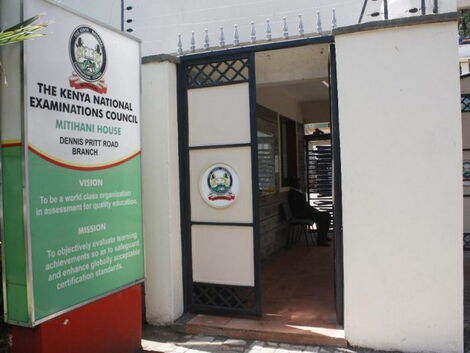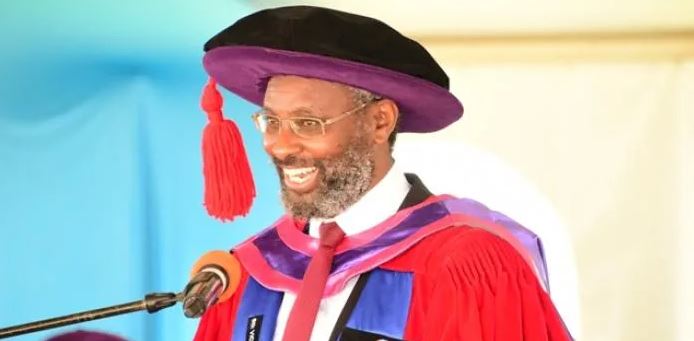University of Nairobi Vice-Chancellor, Prof John Kiama, on Friday, November 11, criticized the grading system used by the Kenya National Examination Council (KNEC) over what he described as a deliberate move to fail candidates.
Speaking on Spice FM, Kiama argued that the grading system adopted by the examination council reduced the number of students transiting to universities hence ending the dreams of many hoping to further their studies.
Kiama warned that the low number of students qualifying to join university was an alarming trajectory for the country with regard to efficiency in the education sector.
“Since about 2016 and 2017- KNEC decided to fail everyone in the country. Today the mode for the national exam is D-. What are we doing for children it is not possible," Kiama claimed.

"In 2016 we had like about 35 per cent of students passed until when there was that interference, that number dropped to about 10 per cent," he added.
According to the vice-chancellor, the low number of students transiting to the university exposed the inefficiency of Kenya's education system.
He argued that it was not logical to have only 10 per cent of learners absorbed into the tertiary level of education.
In addition, Kiama noted that the harsh grading system was an obstacle to Kenyan students seeking to pursue higher education abroad.
"You go to the developed world, the percentage of those who have attained is more than 60 per cent.
"How do we have a population where only 10 per cent can attain a university level of education because of their grades?" the professor posed.
He further recommended reviewing the examination system to ensure that a bigger chunk of students proceeds to universities.
"There must be moderation. After the exam, you must draw appropriate curves so that you know who is in this quartile and who can go and do engineering and medicine," Kiama stated.
Prof Kiama is part of the presidential working party instituted to conduct surveys and recommend appropriate reforms to the Competency-Based Curriculum.
KNEC had not yet responded to Kiama's allegations by the time of publishing.

